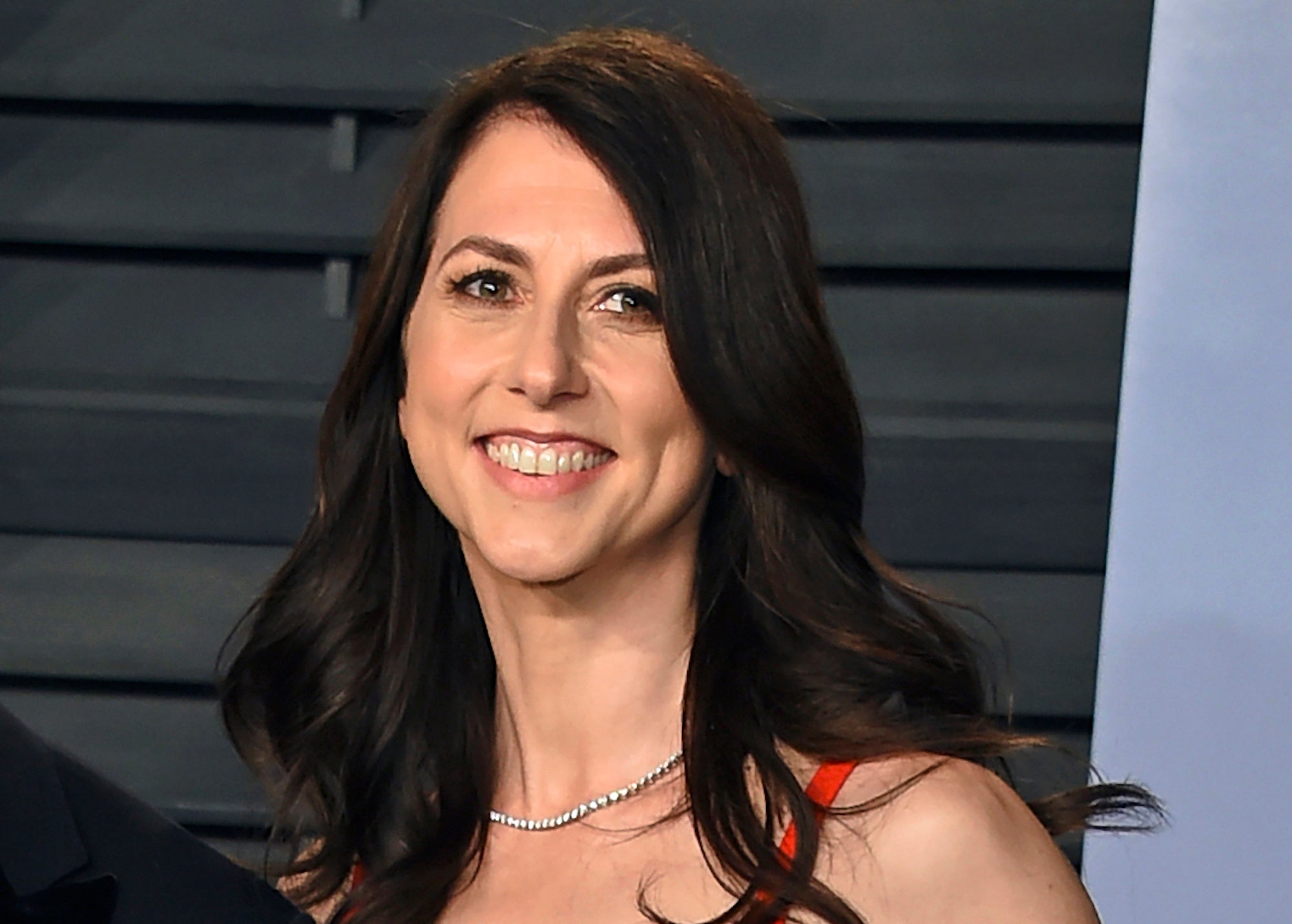
MacKenzie Scott $19B Donation: What is MacKenzie Scott’s Net Worth Today?
MacKenzie Scott, now 54, has been redefining what it means to be a philanthropist. Over the past five years, she has donated more than $19 billion in unrestricted contributions to over 2,000 organizations. Unlike many wealthy donors who attach strings to their gifts, Scott has taken a bold approach—giving freely and trusting organizations to use the money as they see fit.
Transforming Nonprofits, One Grant at a Time
A new three-year study by the Center for Effective Philanthropy (CEP) highlights just how “transformational” Scott’s generosity has been. While some skeptics feared that such massive gifts might create operational challenges or financial mismanagement, the study found overwhelmingly positive results. Many recipient organizations, particularly those focused on social justice, human services, and education, have seen significant improvements in their ability to serve communities.
Unlike the typical grants of $123,000 given by large foundations, Scott’s donations average $5 million. This kind of funding gives nonprofits breathing room—allowing them to plan, expand, and innovate without worrying about short-term financial constraints.
The Bezos Divorce and Scott’s Wealth
MacKenzie Scott amassed her fortune through her 2019 divorce from Amazon founder Jeff Bezos, securing a 4% stake in the e-commerce giant. While her net worth fluctuates with Amazon’s stock price, as of 2025, she is estimated to be worth around $31 billion. Despite her vast wealth, Scott has remained grounded, consistently stating her desire to redistribute her fortune in meaningful ways.
Scott has since remarried Dan Jewett, a former science teacher, though they quietly divorced in 2023. She has four children and has kept her personal life largely out of the spotlight, focusing instead on her mission of giving.
How Her Giving Model Is Changing Philanthropy
One of the most inspiring aspects of Scott’s approach is its simplicity. She doesn’t require organizations to jump through hoops, submit endless reports, or prove their worth with elaborate presentations. She identifies groups doing good work and gives them money—trusting them to use it wisely.
Even organizations that received grants back in 2020 have, on average, only used about 60% of the funds. This suggests that nonprofits are being thoughtful and strategic, ensuring the money lasts and has long-term impact.
Elisha Smith Arrillaga, vice president of research at CEP and co-author of the study, believes Scott’s method should inspire all donors, regardless of wealth. “We can all do this kind of giving,” she says. It’s not about the size of the donation but its significance to the recipient.
Popular Categories





